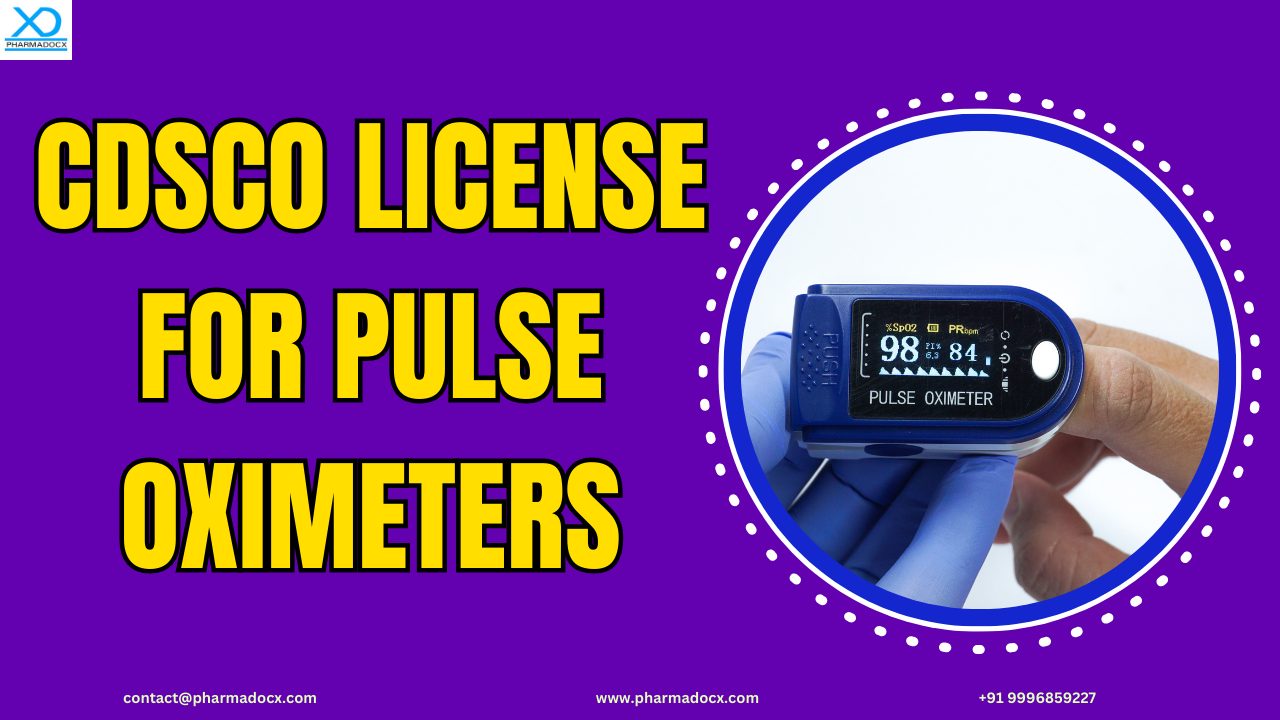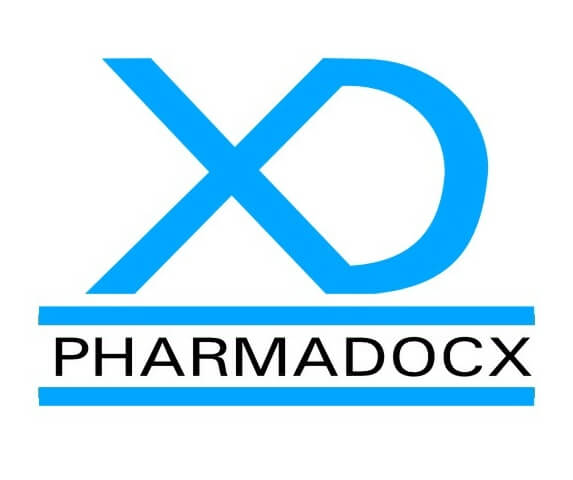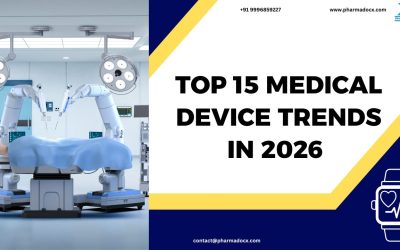Pulse oximeters are cheap, easy to carry, safe, and effective blood oxygen saturation level monitoring devices. Precise measurement of oxygen saturation and pulse rate is required, as treatment and diagnosis will depend on these findings. Substandard or low-quality medical devices can have detrimental effect on patient outcome. Hence, pulse oximeters are heavily regulated in India to protect public health and ensure patient safety. Thus, you need to mandatorily secure the CDSCO medical device license to manufacture or import pulse oximeters. In this blog, we have curated a detailed guide on how to secure CDSCO license for pulse oximeters.
Pulse oximeter: A vital medical device
Periodic monitoring of a patient’s blood oxygen saturation is critical, especially for patients with respiratory failure risk. Non-invasive pulse oximetry can be used to monitor this vital sign. Pulse oximeter is a medical electronic device used for non-invasive instantaneous blood oxygen saturation and heart rate monitoring. It is a valuable tool for determining the percentage of haemoglobin molecules loaded with oxygen. The pulse oximeter provides rapid estimation of the peripheral oxygen saturation in an efficient and convenient manner. Thus, this medical device is used to measure a very valuable clinical data. It functions based on the assumption that light transmission through arterial vessel is influenced by relative concentrations of oxygenated to deoxygenated haemoglobin. Hence, pulse oximeter is a vital medical device both for hospital and clinical settings.
Pulse oximeters are mostly used to monitor patients with unstable oxygenation in operating, intensive care, emergency, recovery, and hospital ward settings. However, the application of this device is not just limited to the healthcare industry. For example, pilots flying in an unpressurized aircraft need pulse oximeters to monitor their blood oxygen saturation level.
Application of pulse oximeters
Development of electronics and sensor technology has revolutionized the healthcare industry. Pulse oximeter is an example of one such biomedical application of advanced electronics and sensor technology. We have listed some of its applications.
- Monitoring oxygen levels of patients in hospitals
- Monitoring the vital signs of patients suffering from severe respiratory infection
- Monitoring and managing patients with sleep apnea
- Neonatal monitoring and care
- Application in fitness and sports settings to monitor the blood oxygen saturation level of athletes
- Monitoring individuals in high-altitude and low-oxygen environment
- Pulmonary rehabilitation
- Remotely monitoring patients
Hence, given their wide application range, manufacturing or importing pulse oximeters is a lucrative option for medical device companies. Having a knowledge of the types of pulse oximeters available in the market can be helpful for starting a pulse oximeter business. Hence, we have listed the common types of pulse oximeters used in the market.
Types of pulse oximeters
We have provided an overview of the common types of pulse oximeters. Wearable, phone-based, and integrated pulse oximeters are also available in addition to those mentioned below.
- Handheld or portable pulse oximeters: Handheld or portable pulse oximeters are battery powered portable devices with a digital display. It can be used for continuous monitoring and spot checks. The device can display the saturation of peripheral oxygen (SpO2) waveform. Additionally, these oximeters can be used to calculate other parameters, such as heart rate. They can be used for adult, paediatric, child, and neonatal patients.
- Tabletop pulse oximeters: Tabletop pulse oximeters powered by alternating current are stationary devices. Additionally, tabletop pulse oximeters have a digital display to which various sensors are connected. They can be used for adult, paediatric, child, and neonatal patients. These devices are intended for continuous monitoring and patient triage. Moreover, in addition to SpO2, it can determine other parameters, such as heart rate, blood pressure, and temperature.
- Finger pulse oximeters: Finger pulse oximeters are also battery powered devices. These devices are mainly manufactured for personal use and spot checks. The oximeters are integrated into a clip. These ultra-compact portable devices can display the SpO2 value as well as the heart rate.
CDSCO regulations for pulse oximeters
Central drugs standard control organization (CDSCO) is the apex regulatory body for all medical devices entering the Indian market. Pulse oximeter is a vital medical device with its roles ranging from personal use to emergency and intensive care monitoring. Given their importance in monitoring vital signs, pulse oximeters are strictly regulated by CDSCO guidelines for ensuring patient safety. Thus, pulse oximeter manufacturers or importers are required to mandatorily comply with the CDSCO regulations for medical devices. Moreover, they will have to secure the CDSCO license for pulse oximeters to legally sell their product in India.
Securing CDSCO license for pulse oximeters: Your guide to easy approval
All medical devices imported, manufactured, and sold in India need a CDSCO license. Hence, to manufacture or import pulse oximeters, you need to mandatorily secure the respective license. Owing to the impact and demand of pulse oximeters in the Indian market, they have to be strictly regulated. Companies planning to launch their product in the Indian market will have to mandatorily secure the CDSCO license for pulse oximeters.
CDSCO class for pulse oximeters
To fast track the CDSCO licensing process, the regulatory body has categorised medical devices into four classes. Class A, B, C, and D are the four CDSCO medical device classes. As per CDSCO medical device classification system, pulse oximeters have a medium to high level of risk. Hence, depending on the risk level and intended use, CDSCO has classified pulse oximeters as Class C. Thus, the CDSCO license for pulse oximeters and license application pathway will be those of class C medical devices.
CDSCO license for pulse oximeters
We have listed the different types of CDSCO licenses applicable.
- CDSCO pulse oximeter manufacturing license: To manufacture pulse oximeters in India, you have to secure the MD 9 license. The application has to be filed under Form MD 7. The CDSCO will grant the permission to manufacture pulse oximeters in India under MD 9 license.
- CDSCO pulse oximeter import license: To import pulse oximeters into India, you have to secure the MD 15 license. The application has to be filed under Form MD 14. The CDSCO will grant the permission to import pulse oximeters into India under MD 15 license.
- CDSCO loan license for manufacturing pulse oximeters: Manufactures seeking to obtain a loan license for manufacturing pulse oximeters need to apply using the Form MD-8. CDSCO will relay the approval via Form MD-10.
Necessary supporting documents for securing CDSCO license for pulse oximeters
You need to prepare certain supporting documents to secure the CDSCO license.
- Cover letter
- Details and address proof of the applicant
- Power of attorney
- TR6 challan
- Quality assurance certificate
- ISO 13485 certificate
- CE design certificate
- Free sale certificate
- Plant master file
- Device master file
We have outlined the basic list of documents required for securing the CDSCO license for pulse oximeters. Get in touch with us for a detailed list of documents required. Moreover, our team will also assist you in crafting these documents and help you with all your documentation needs.
An overview of the CDSCO license application process
- Login/Signup: SUGAM is the official CDSCO online registration portal. You need to login/signup on the official portal.
- Form filling: The applicable form needs to be filled in correctly.
- Documentation: The required supporting documents need to be collated. Additionally, the documents need to be arranged per CDSCO guidelines.
- Application: The application has to be sent online via the CDSCO online registration portal.
- Approval: The regulatory body officials will review the application and verify the documents submitted. Then, if the necessary criteria are fulfilled, the regulatory body will grant the license.
Validity of the CDSCO license for pulse oximeters
The CDSCO license for pulse oximeters remains valid indefinitely. However, a license retention fee has to be paid every 5 years to retain its validity.
Pharmadocx Consultants can help you easily secure the CDSCO license for pulse oximeters
Securing the CDSCO license for pulse oximeters can be tricky from choosing the correct form, filling the form correctly to preparing the necessary documents. Furthermore, understanding the CDSCO regulations for pulse oximeters in India is difficult. Pharmadocx Consultants can make the CDSCO license application process a breeze for you so that you can focus on establishing your business. Additionally, as authorized agents we can help foreign companies register their medical device business in India. Please don’t hesitate to contact us over [email protected] or 9996859227.





